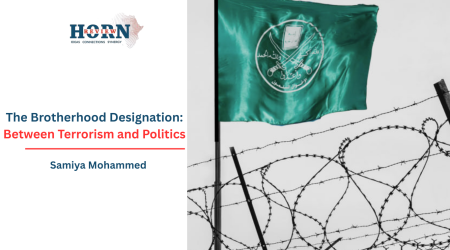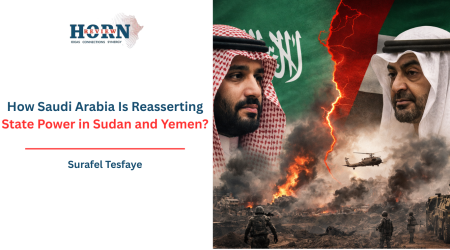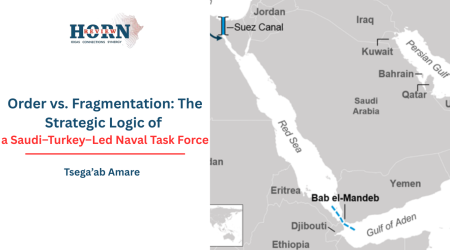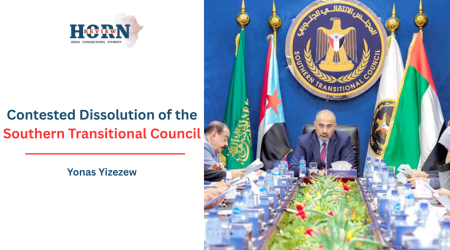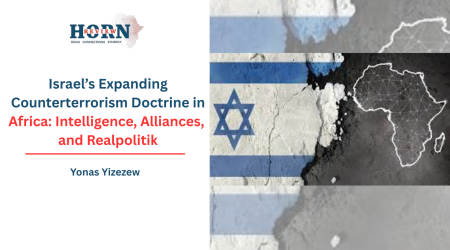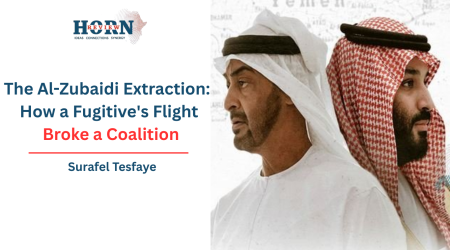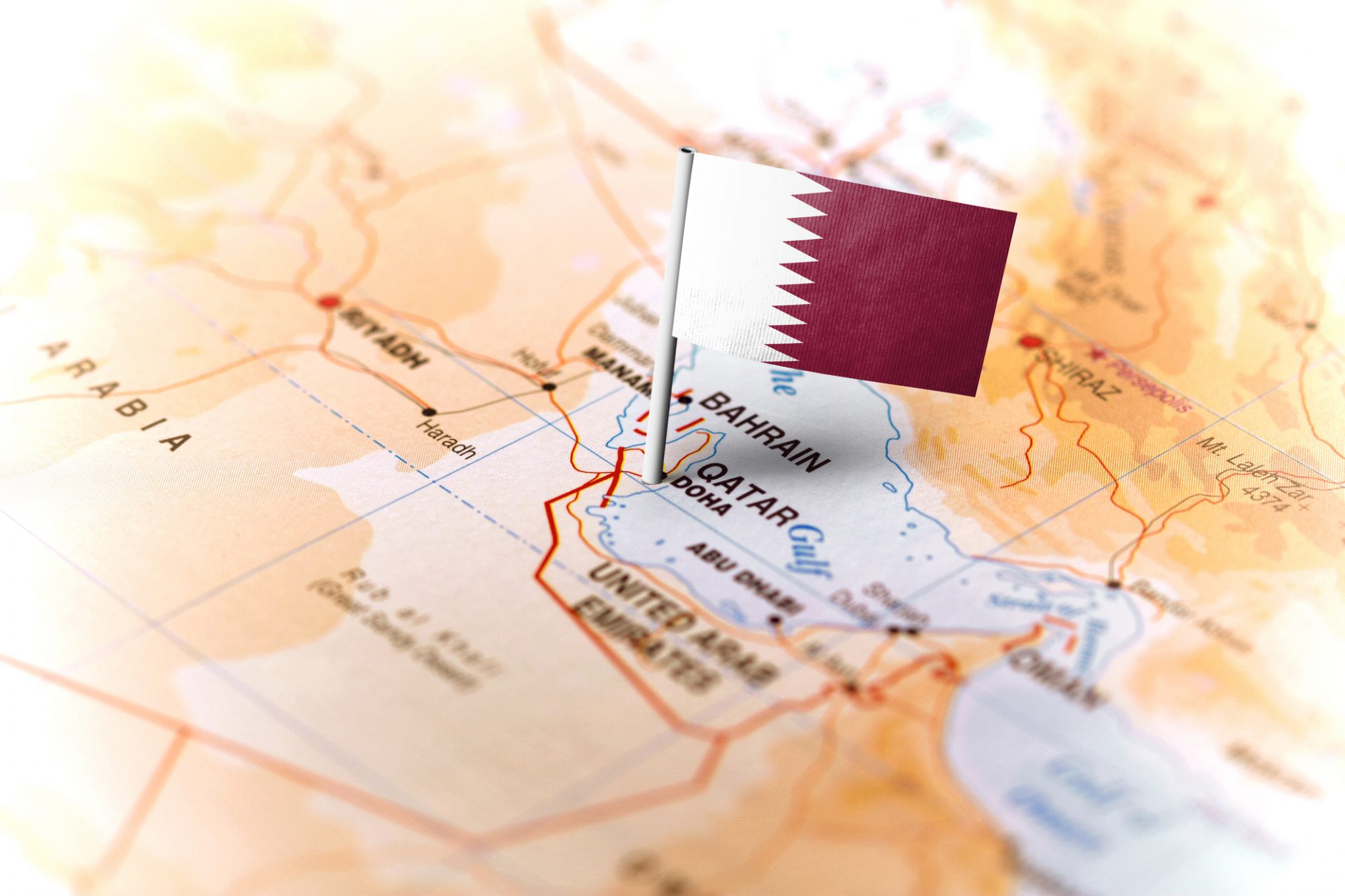
16
Sep
Israeli-Qatar Tension And Ethiopia’s Principled Multilateralism
Ethiopia’s recent condemnation of the Israeli airstrike on Doha – delivered through both the African Union Commission Chairperson and Prime Minister Abiy Ahmed – reflects a deliberate exercise in principled diplomacy. Far from signaling alignment with one side, the statement highlights Ethiopia’s broader commitment to respecting sovereignty, upholding African Union norms, and reinforcing multilateral dialogue as the foundation of its foreign policy.
This approach coincides with the steady improvement of Ethiopian-Qatari relations since the restoration of diplomatic ties in 2018, following a decade-long rupture during the tenure of former Prime Minister Meles Zenawi. Under Prime Minister Abiy, Addis Ababa has sought to elevate these relations into an “all-weather” cooperation, with a focus on economic development, investment, and regional mediation.
Ethiopia’s position on the Doha airstrike is best understood as principled multilateralism rather than partisan alignment. By echoing similar condemnations issued by the United Nations, the United Kingdom, and France, Ethiopia signals consistency with international norms while carefully avoiding entanglement in regional rivalries. This reflects its long-standing non-aligned tradition, which has enabled Ethiopia to preserve strategic autonomy and navigate complex global dynamics.
The current re-engagement with Qatar is framed against a difficult historical backdrop. In the late 2000s, tensions between the two countries escalated sharply. Ethiopia accused Qatar of interfering in the Horn of Africa, particularly through its support for the Somali Islamist group Hizbul Islam – a precursor to Al-Shabaab – and for Eritrean opposition movements hostile to Ethiopia’s interests. These accusations, viewed by the government of Meles Zenawi as destabilizing, culminated in April 2008 with the expulsion of Qatar’s ambassador and the closure of Qatar Charity offices in Ethiopia.
Today, Ethiopia’s trajectory is shaped by economic reforms and transformative national projects, such as the Grand Ethiopian Renaissance Dam, which underscore the need for a professional and balanced foreign policy. The goal is not alignment with particular actors, but the creation of space for Ethiopia to reduce external threats while advancing core national interests.
Ethiopia’s foreign policy under Abiy has thus evolved into a multi-stakeholder, non-aligned framework that prioritizes economic pragmatism, discreet confidence-building measures, and African Union–mediated dialogue. This posture allows Ethiopia to maintain constructive relations with diverse partners, including Israel, without being drawn into polarized regional politics. In this context, the condemnation of the Doha airstrike should be understood as a collective expression of AU solidarity, distinct from Ethiopia’s independent bilateral relations with Israel.
Leveraging its position as host of the African Union, Ethiopia is well placed to use multilateral platforms to reinforce this balanced strategy. By positioning itself as a neutral actor in the Horn of Africa, it can foster dialogue, address shared security concerns, and transform past grievances into opportunities for reconciliation. Expanding engagement with Gulf states such as Saudi Arabia and the UAE can further consolidate this professional and principled approach, enabling Ethiopia to turn symbolic gestures into practical peacebuilding assets.
If managed effectively, this diplomatic strategy could, by 2026, contribute to greater regional stability – potentially fostering a constructive Qatar–Ethiopia relationship while ensuring Israel remains a tactical partner. Equally, if mishandled, these dynamics could risk renewed friction and revive old tensions.
Ultimately, Ethiopia’s response to the Doha airstrike should not be seen as favoring one side over another, but rather as an affirmation of its principled multilateralism: an approach grounded in sovereignty, solidarity, and pragmatic balance. By sustaining this posture, Ethiopia can reinforce its reputation as a credible and stabilizing voice in the Horn of Africa and beyond.
By Samiya Mohammed, Researcher, Horn Review





